Why the BBC is cutting 450 jobs
The corporation is trying to modernise and streamline to better fit the digital age

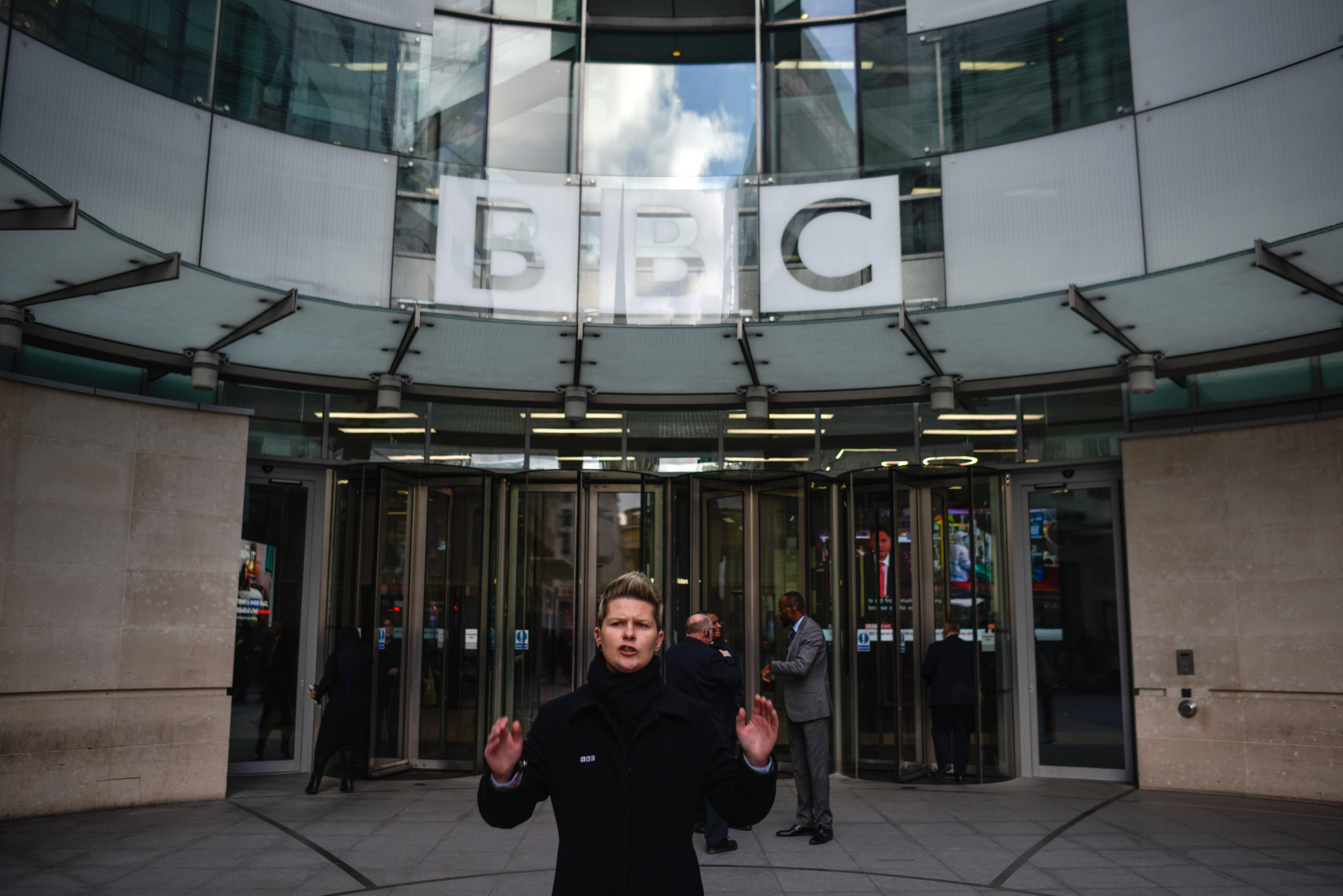
A free daily email with the biggest news stories of the day – and the best features from TheWeek.com
You are now subscribed
Your newsletter sign-up was successful
The BBC revealed to staff on Wednesday that it will oversee a restructuring of its news division which will result in the loss of roughly 450 jobs.
The cuts come as the corporation continues to push to reduce outlay by £80m by 2022 to manage continued financial pressures, and modernise to meet the demands of digital media consumers.
“We need to reshape BBC News for the next decade in a way which saves substantial amounts of money. We are spending too much of our resources on traditional linear broadcasting and not enough on digital,” said Fran Unsworth, director of news and current affairs.
The Week
Escape your echo chamber. Get the facts behind the news, plus analysis from multiple perspectives.

Sign up for The Week's Free Newsletters
From our morning news briefing to a weekly Good News Newsletter, get the best of The Week delivered directly to your inbox.
From our morning news briefing to a weekly Good News Newsletter, get the best of The Week delivered directly to your inbox.
“Our duty as a publicly funded broadcaster is to inform, educate, and entertain every citizen. But there are many people in this country that we are not serving well enough.”
Politicians are increasingly questioning the BBC’s value in the modern media landscape, and have called the TV licence fee in particular into question recently. The prime minister’s political adviser Dominic Cummings runs a thinktank which calls for the “end of the BBC in its current form.”
Over half of the planned £80m has already been saved, but efforts are being stepped up, and among the changes envisaged under the new proposals is pooling of reporters rather than journalists assigned to individual programmes - an attempt to reduce duplicate stories for different outlets.
There will also be a reduction in the number of films made by Newsnight, which will result in a portion of the job cuts, as well as further reductions to Radio 5 Live and the World Service’s World Update programme staff.
A free daily email with the biggest news stories of the day – and the best features from TheWeek.com
The number of presenters at BBC News is up for review, while the aim is to have more journalists based outside of London, with hopes for more responsive, localised reporting.
–––––––––––––––––––––––––––––––For a round-up of the most important business stories and tips for the week’s best shares - try The Week magazine. Get your first six issues free–––––––––––––––––––––––––––––––
Another source of cuts will be the mothballing of BBC Two’s Victoria Derbyshire programme - a plan that was leaked last week, and met with public dismay, prompting an online petition to reinstate it which has received tens of thousands of signatures.
Derbyshire, who said she was “devastated” by the news and is fighting to reinstate her show, apparently confronted Unsworth after her announcement at BBC News on Wednesday.
“The problem is the BBC is increasingly trying to ride two horses at once,” diagnoses The Guardian, pointing out that the corporation serves an older audience with whom its traditional output remains popular, and a younger one with whom it needs to stay relevant and simply does not consume the media the corporation produces.
It has to negotiate this dilemma “operating on an ever-reducing budget, while maintaining journalistic standards, at a time when every aspect of the BBC’s output is under more scrutiny than ever before”, the publication adds.
Noel McClean, the national secretary of Bectu - the union representing BBC staff - said his organisation would try to minimise the impact of the cuts.
“It would be easy to point the finger at BBC management, and we will absolutely hold them to account, but Bectu knows that the reality is much more complicated and that Government policy (including decisions around free licences for over 75s) has led to the pressures that impact our members and audiences,” he said.
William Gritten is a London-born, New York-based strategist and writer focusing on politics and international affairs.
-
 Is Andrew’s arrest the end for the monarchy?
Is Andrew’s arrest the end for the monarchy?Today's Big Question The King has distanced the Royal Family from his disgraced brother but a ‘fit of revolutionary disgust’ could still wipe them out
-
 Quiz of The Week: 14 – 20 February
Quiz of The Week: 14 – 20 FebruaryQuiz Have you been paying attention to The Week’s news?
-
 The Week Unwrapped: Do the Freemasons have too much sway in the police force?
The Week Unwrapped: Do the Freemasons have too much sway in the police force?Podcast Plus, what does the growing popularity of prediction markets mean for the future? And why are UK film and TV workers struggling?
-
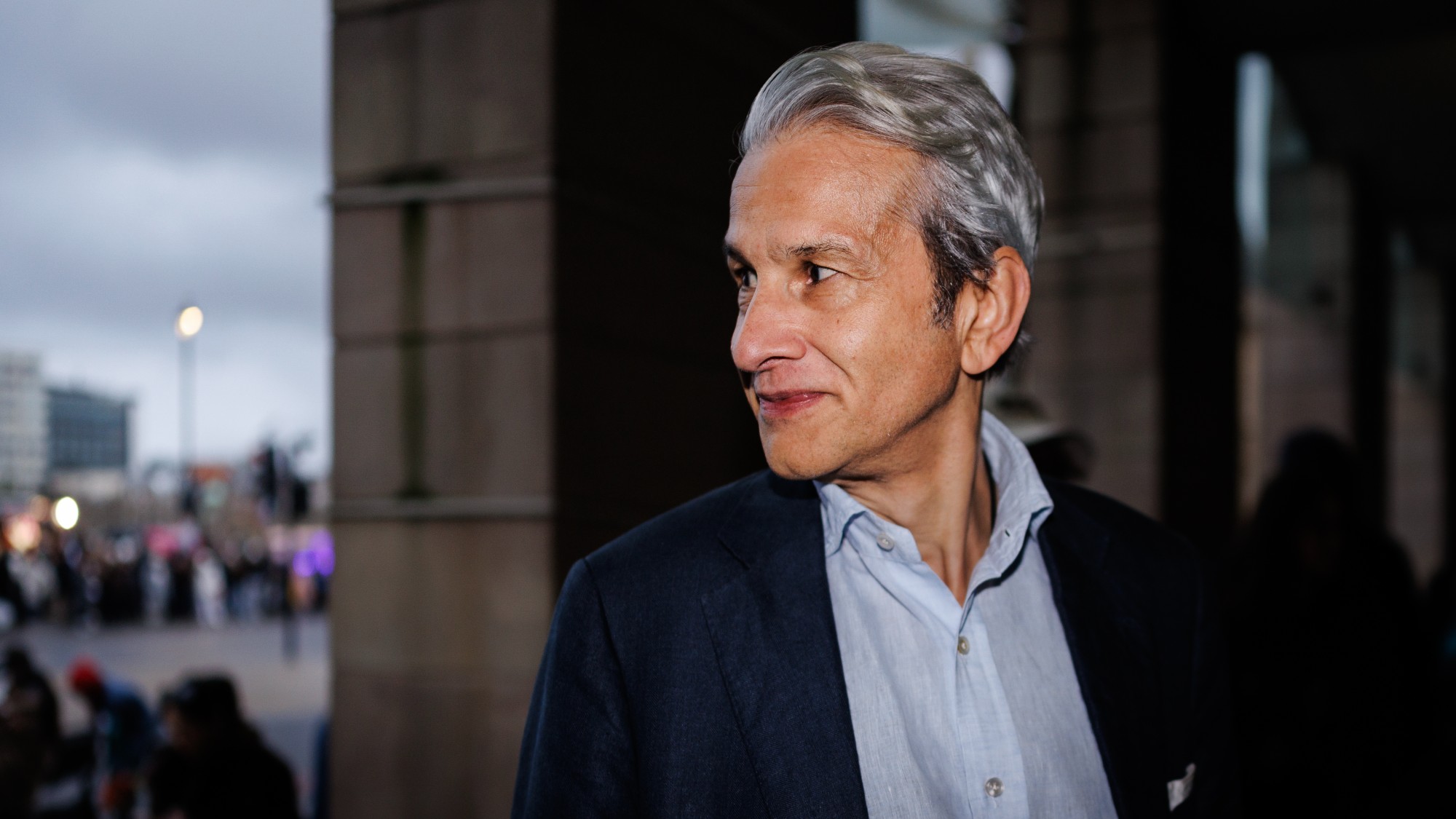 Can the BBC weather the impartiality storm?
Can the BBC weather the impartiality storm?Today's Big Question MPs’ questions failed to land any ‘killer blows’ to quell the ‘seismic outrage’ faced by the BBC
-
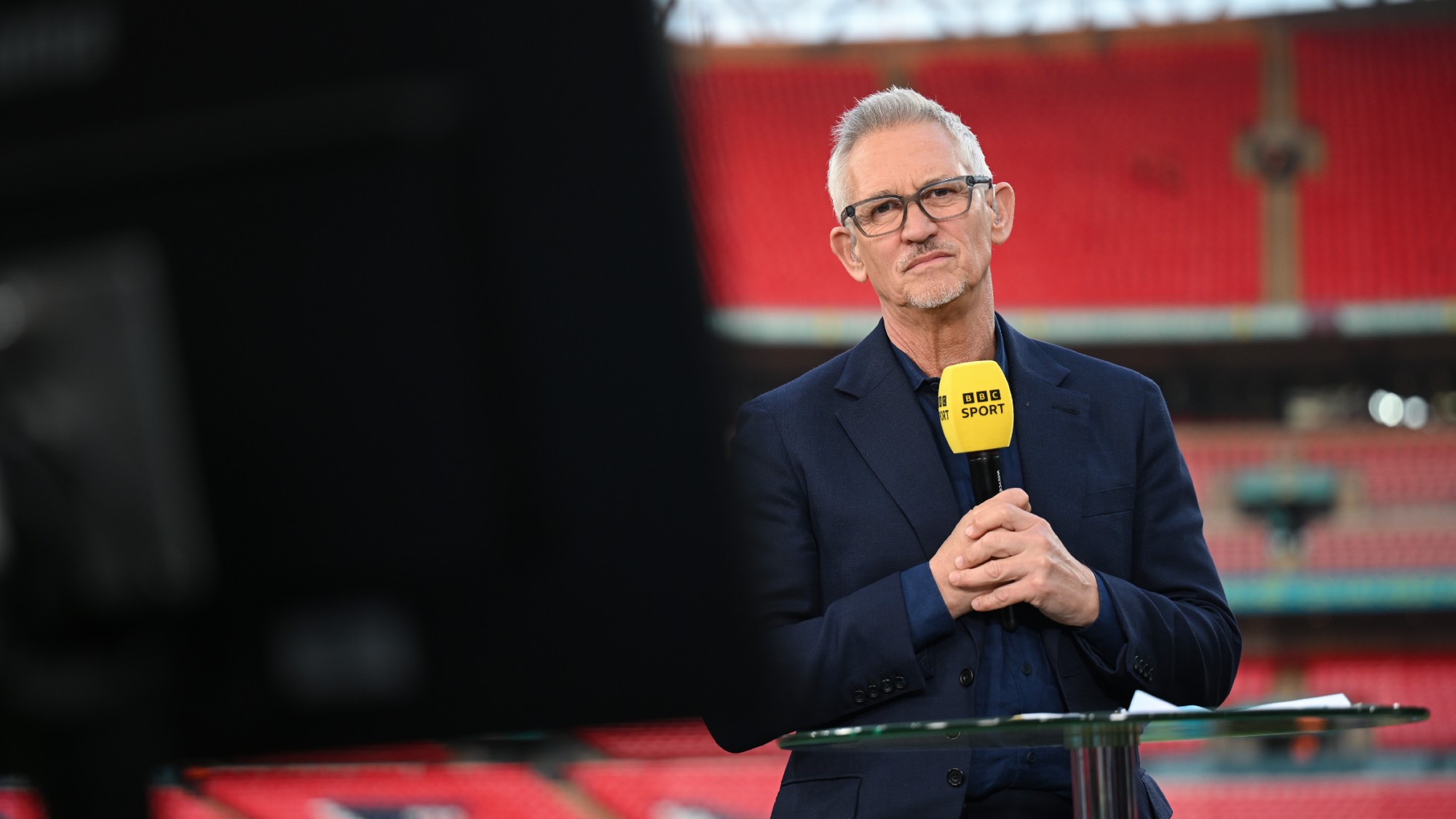 What are the impartiality rules for BBC presenters?
What are the impartiality rules for BBC presenters?The Explainer News presenters and hosts of 'flagship programmes' must adhere to tougher guidelines than other staff and freelancers
-
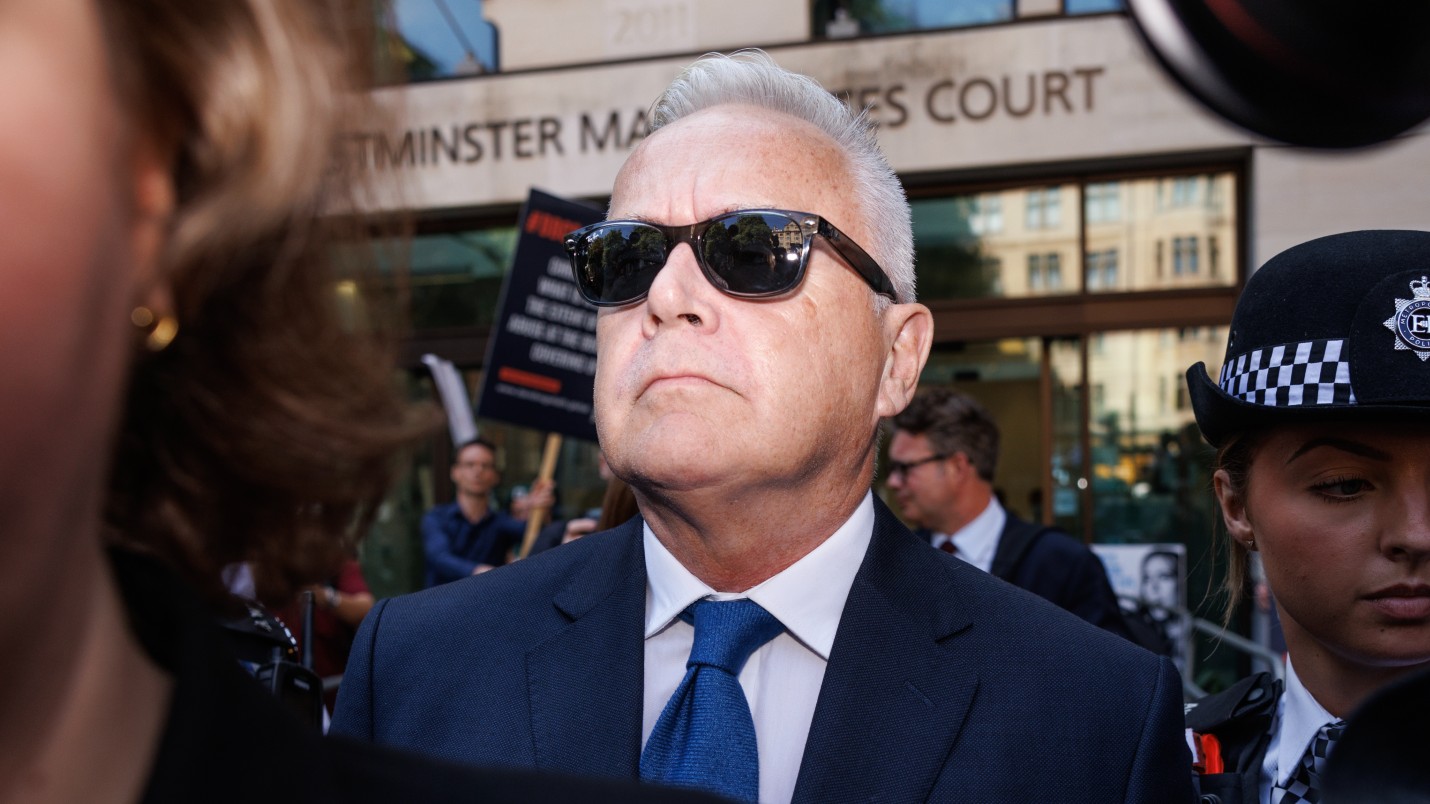 Huw Edwards: why is the BBC so scandal-prone?
Huw Edwards: why is the BBC so scandal-prone?In the Spotlight The national broadcaster has serious questions to answer
-
 Strictly Come Dancing scandal timeline: what happened when
Strictly Come Dancing scandal timeline: what happened whenIn the Spotlight BBC director general addresses speculation over show's future and apologises to celebrity contestants who say they were mistreated
-
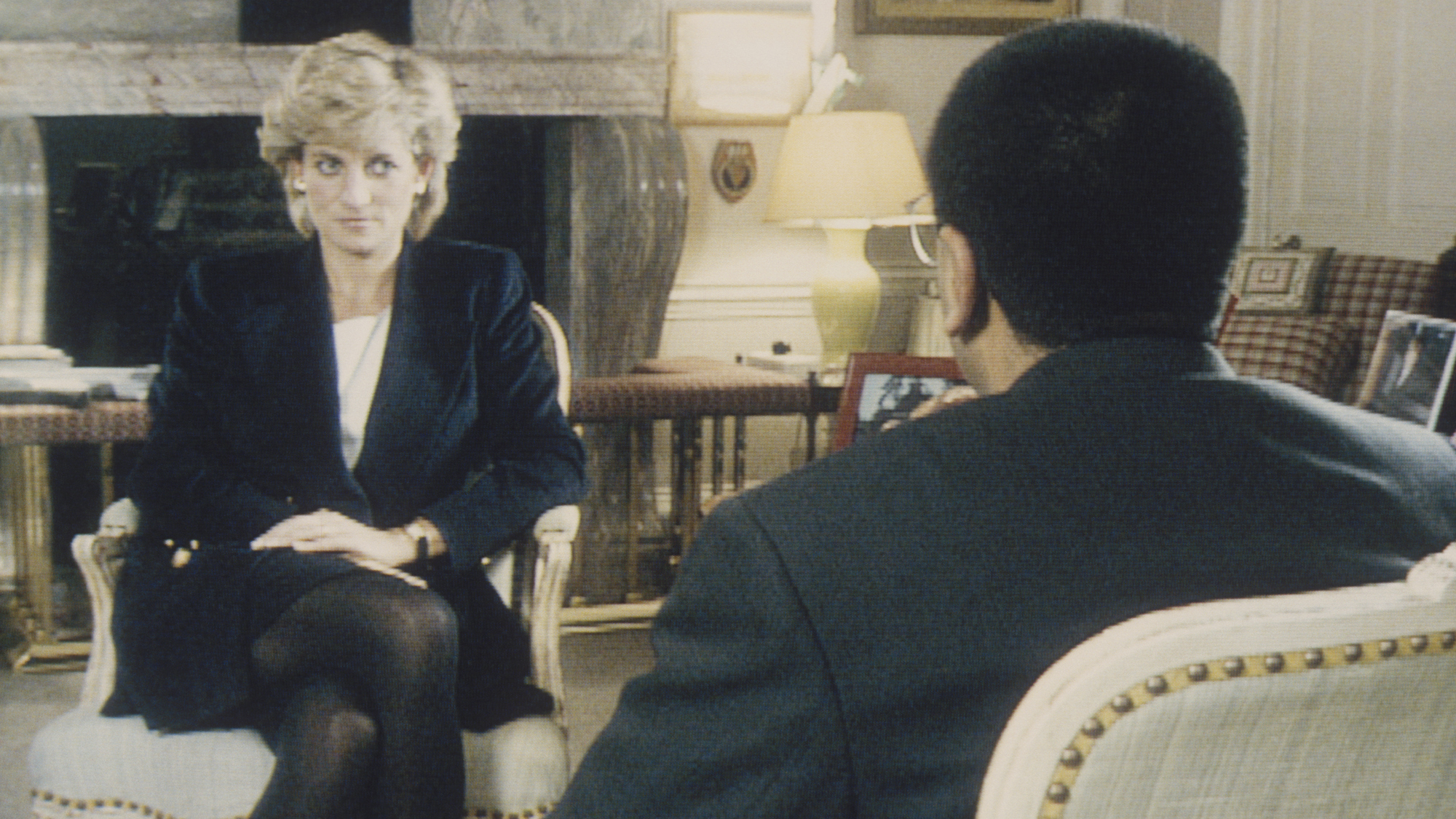 The Princess Diana interview and Martin Bashir's redacted dossier
The Princess Diana interview and Martin Bashir's redacted dossierIn the Spotlight The newly revealed documents show Bashir claimed jealousy and discrimination fuelled allegations against him
-
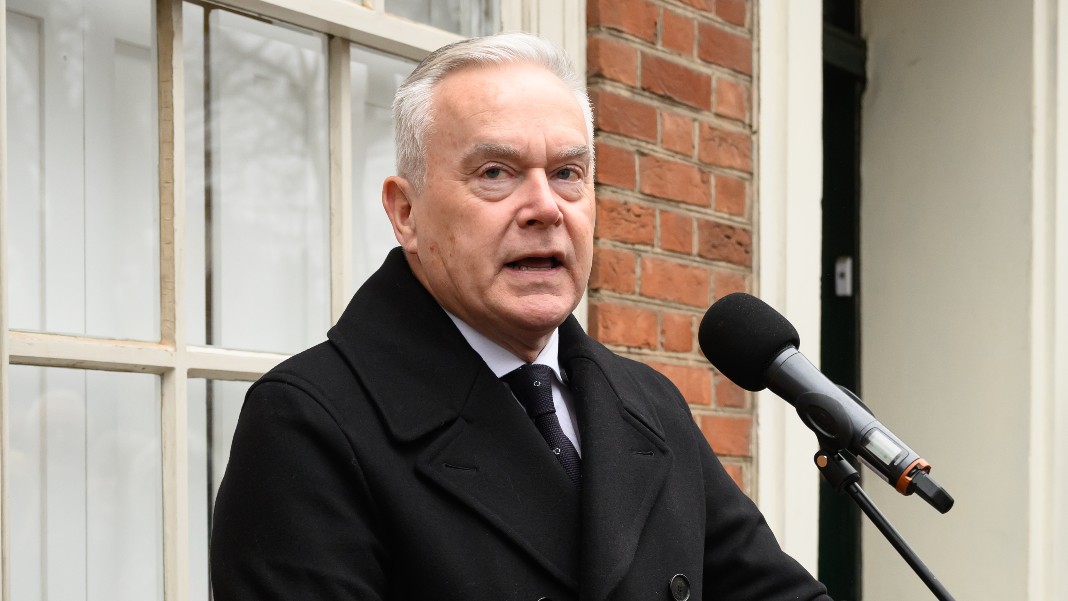 Huw Edwards and the question of ‘public interest’
Huw Edwards and the question of ‘public interest’Talking Point Privacy law ‘mess’ needs to be cleared up, not by judges, but by Parliament
-
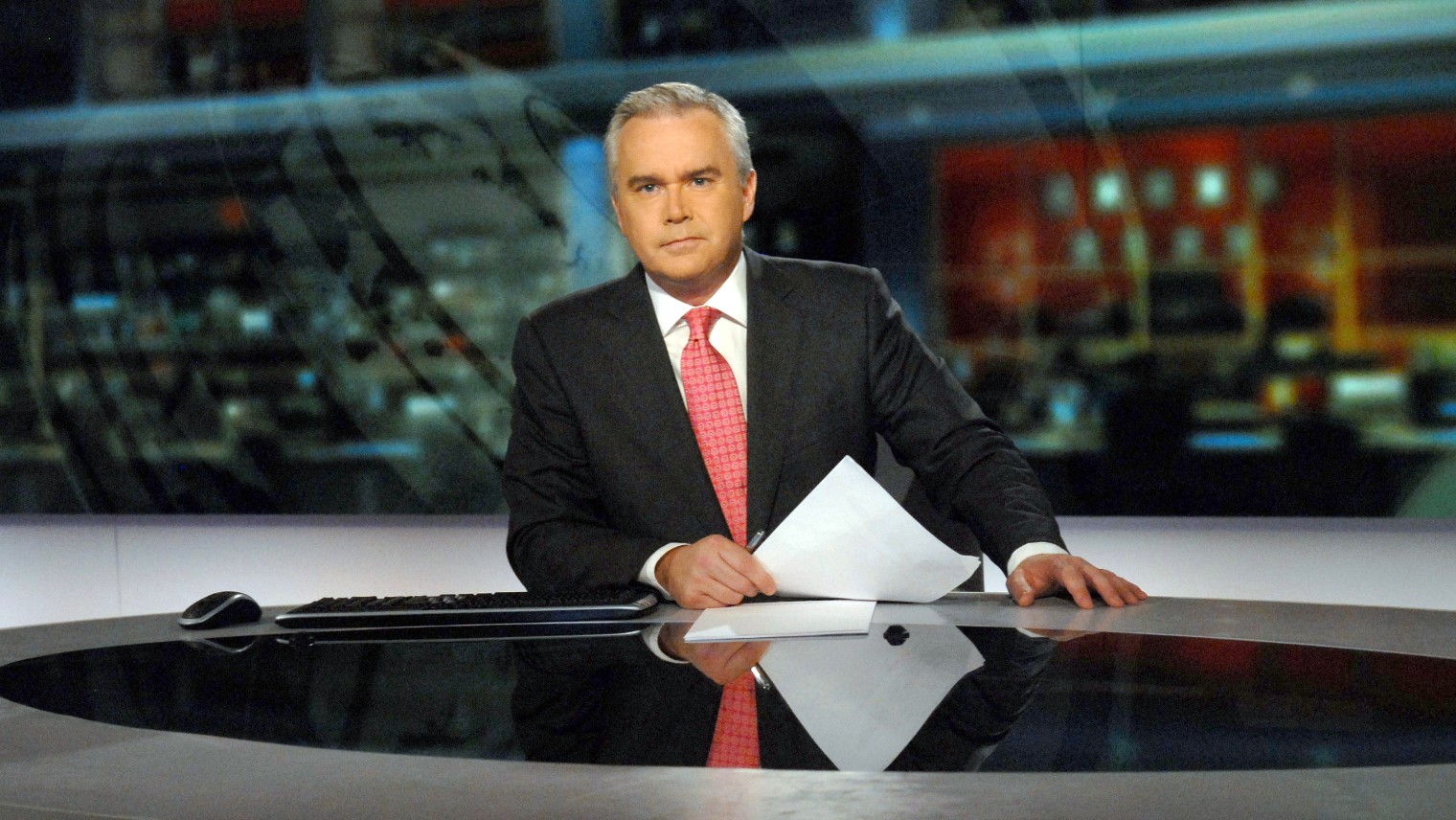 Huw Edwards named as presenter at centre of BBC crisis
Huw Edwards named as presenter at centre of BBC crisisIn Depth News reader’s wife, Vicky Flind, says he will remain in hospital for foreseeable future
-
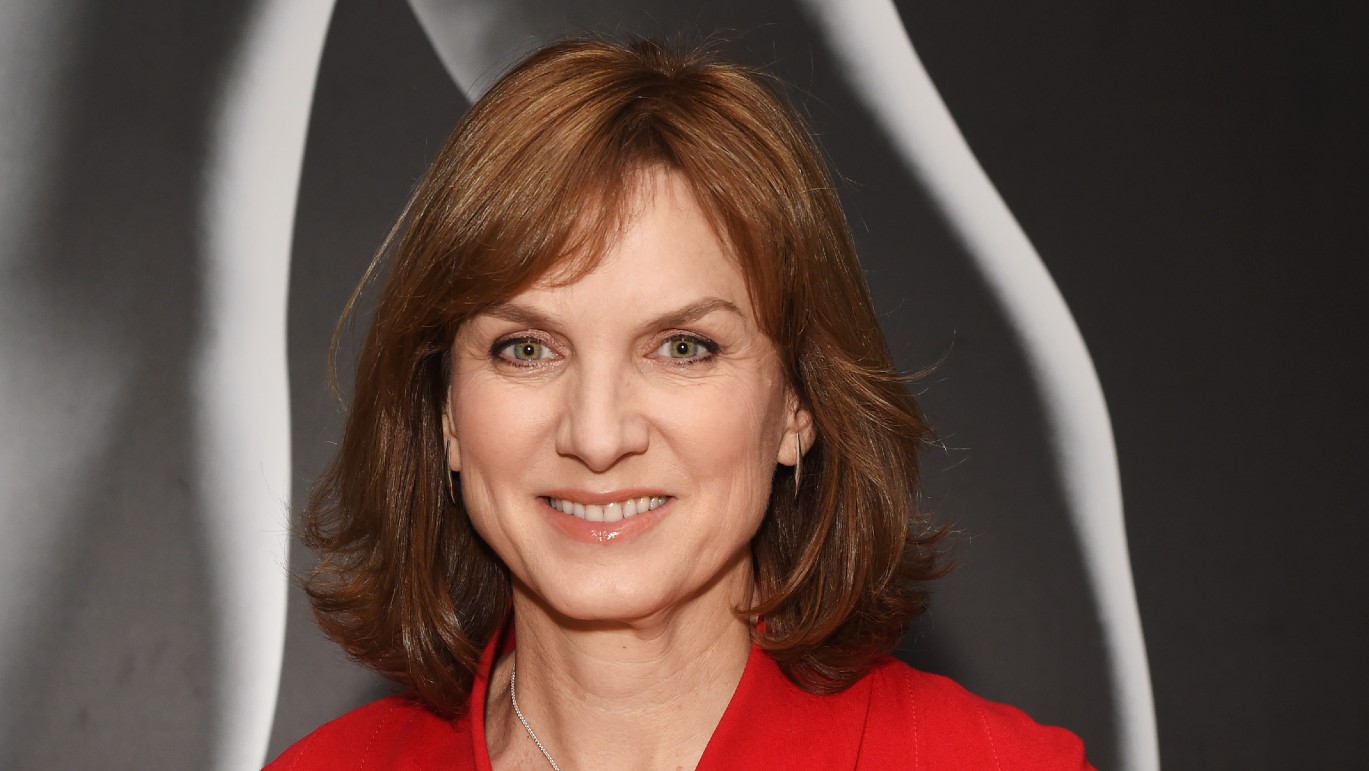 Fiona Bruce: has Question Time host been ‘hung out to dry’?
Fiona Bruce: has Question Time host been ‘hung out to dry’?In Depth Presenter accused of trivialising domestic abuse in debate about Stanley Johnson
